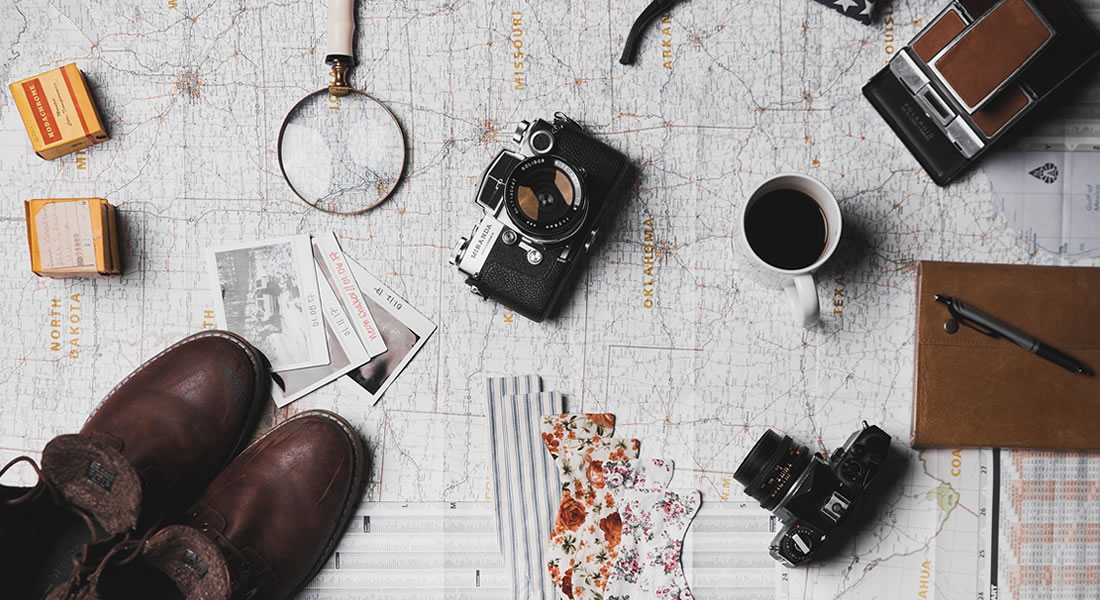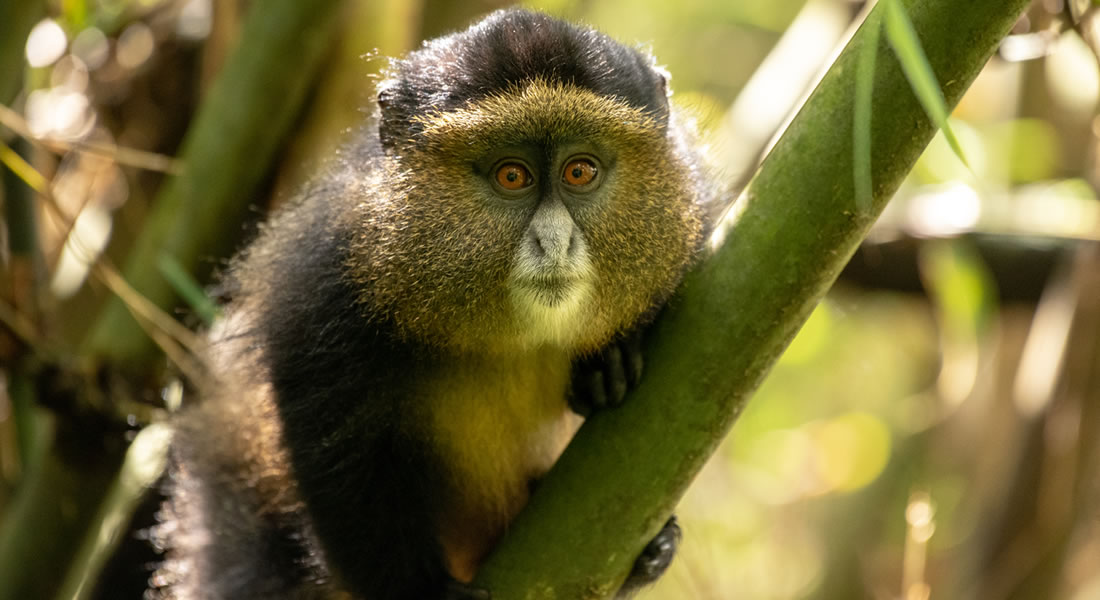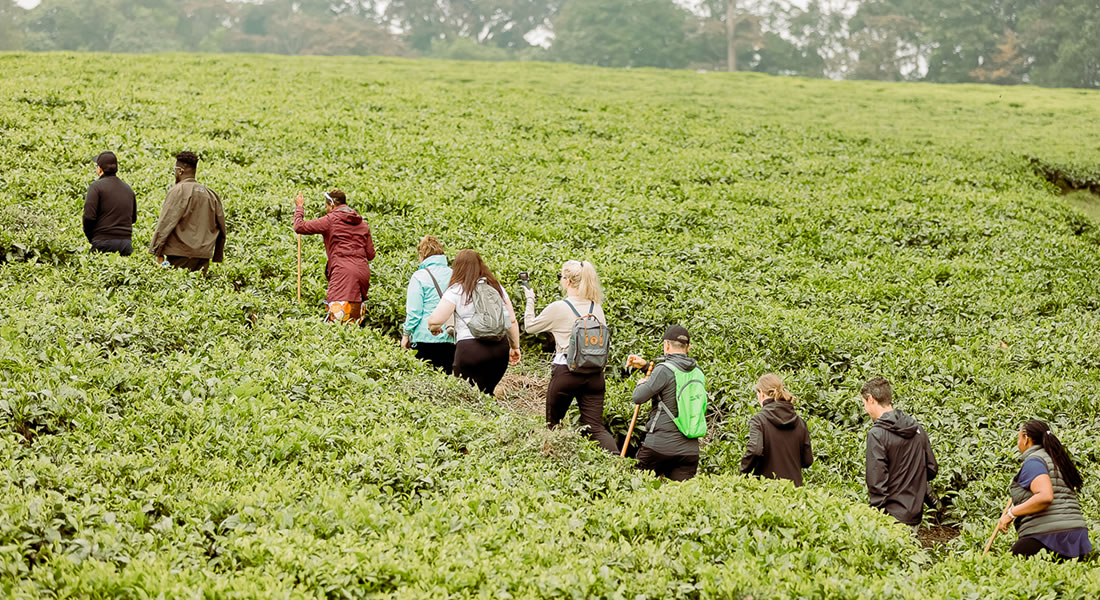Rwanda is one of the amazing tourist locations in Africa where you are emotionally connected…

How to prepare for an African safari
For many tourists, taking their first African safari is their greatest vacation fantasy. For many people, the thought of visiting Africa seems unrealistic or unattainable for a variety of reasons. It’s impossible to resist the idea of immersing oneself in the magnificent scenery, coming across magnificent species, and making lifelong memories. However, dread and exhilaration both skyrocket at the same moment as you finally see your goal come true. With everything going on, practical concerns about how to really prepare for and conduct yourself on your first African safari begin to surface. It is understandable that, as a novice, you may not know what to anticipate or, even better, what to do on your first safari in Africa.
Pack Light
Honestly, I think this is the best advice you can get on your first safari. The last thing you want to be doing is packing and hauling around bulky, heavy luggage every day when you’ll be travelling between parks and/or conservation areas every day or every other day. To assist you plan your outfits; find out the weather for the time of year you are travelling. Do not bring suitcases or hard-shell luggage. Pack your stuff in soft-sided duffel bags instead. Given that local charter flights may operate in small, cramped aircraft, this is crucial. When planning a three- to ten-day safari, travellers should bring two or three pairs of comfortable, neutral-colored clothing.
Visas and vaccinations
Any vacation would be less enjoyable if you had to cancel due to visa issues or became ill midway through. In contrast to regions such as South America or Europe, where obtaining a visa is often a quick and uncomplicated procedure, African countries have more intricate requirements for foreign visitors. Even while most visas are simple to obtain and can be applied for upon arrival, certain nations can be a major hassle and may even force you to cancel your trip if you don’t prepare ahead of time. Always review the country’s visa policies, but above all, make sure you read the tiny print and any supporting documentation.
Dress Appropriately
Wearing a safari outfit is not only entertaining, but the khaki and green clothing has a useful purpose as well. The clothing used on safari is designed to be durable, aesthetically pleasing, and able to withstand the harsh conditions of the African wilderness. That just means dressing appropriately for the safari setting doesn’t mean you have to go full leopard print or get a monocle. When visiting Uganda for example, the weather is conducive year round to allow you to dress light. Another argument is that you may dress whatever you like for your safari because you’ll be travelling in a car, unless you’re going on a stroll in the wilderness where you don’t want the animals to notice any strange colours! We advise bringing a decent pair of safari boots in case you want to go on some wilderness walks.
Upgrade your camera gear
An African safari is not the same as a trip to the zoo. The majority of species can only be observed up close, therefore binoculars are necessary to really appreciate some of the creatures you may come across. Any enthusiast for photography who wants to take a portrait of a lion must have zoom lenses. But don’t worry, depending on the camera you use, there are many of reasonably priced zoom lenses available. Great results may be had for as little as 200 EUR on a basic zoom lens for a safari!
Pick the Best Time to go on Safari
A crucial element in guaranteeing a fantastic wildlife encounter is selecting the ideal time to go on safari. However, a word of caution: premier safari lodges and tour companies can book up more than a year in advance during busy periods such as the Great Migration. It is crucial to remember that the ideal time to go on safari might change according on the place you want to visit and the particular animal sights you hope to see. Every month and season has its own special chances and experiences, from the spectacular river crossings to the calving season.
Don’t forget the essentials
Packing for a camping vacation in the middle of nowhere is a lot like packing for a safari. There isn’t much you can do if you forget it. Common sense items that are frequently mentioned in blog postings are cameras, phones, and power banks. There are, nevertheless, some things that you must pack. The first thing you should do is protect yourself. Always remember to use sunscreen, put on sunglasses, and wear a hat to ensure that you are fully protected from the sun. It is advised to always wear breathable long sleeves and trousers if you have sensitive skin. Wearing this kind of attire is particularly necessary at night because if you go around in shorts and t-shirts, insects would eat you alive.
Tip Your Guide
A position as a safari guide in Africa is highly sought after. Responsible, familiar with the safari animals, well-versed in the bush, and having grown up in the setting they operate in, these qualities define a competent guide. A guide rises earlier than you and retires later than you. They are always on and respond to any queries you may have and they have undoubtedly fielded hundreds of them. In the US, tipping a waiter at a restaurant is similar to tipping a guide and other lodge employees. While not required, it is practically anticipated and valued. These folks put in a lot of effort to make sure you have a fun vacation, so it’s important to give them praise if you believe they’re doing a good job.
Plan for at least 1 week
Remain longer than you anticipate! Make sure you give your African safari enough time to really enjoy your experience. You’ll want to extend your stay, even if you might be tempted to fit it into a few days. The striking scenery and amazing wildlife encounters are worth spending more time than just a quick trip. Seeing the animals in their natural environments is a unique experience that nearly gets addictive. If you plan to take part in physically demanding activities such as gorilla trekking in Volcanoes National Park, it is always best to have enough time to rest up and enjoy your tour.
Plan for a Rest Day
Prior to starting your safari trip, it’s crucial to give yourself some time to relax and acclimatise to the new time zone after a lengthy flight to Africa. To rejuvenate yourself and adjust to the environment, plan a leisure day before you arrive. Today is a good day to unwind, explore the neighbourhood, and learn about the local way of life. It will guarantee that you arrive on safari feeling rejuvenated and prepared for the amazing adventures that a wait.
Decide between private guide and joining a group
Selecting between a group safari experience and a private guide is a crucial choice to make when organising a safari. Since more people share the expenses, group safaris are usually a little less expensive. But bear in aware that group safaris usually follow set itineraries and departure timings, which can reduce your freedom. In addition, there may be other passengers in the safari car with you, all of whom may have different tastes. This may occasionally force you to give up on certain sightings or activities that you had hoped to prioritise. Certain tourist activities such gorilla trekking are best done in groups. The way the seats are arranged in the car is another thing to think about. You might not always have the greatest seat for taking the finest pictures or seeing the most animals when on a group safari.



